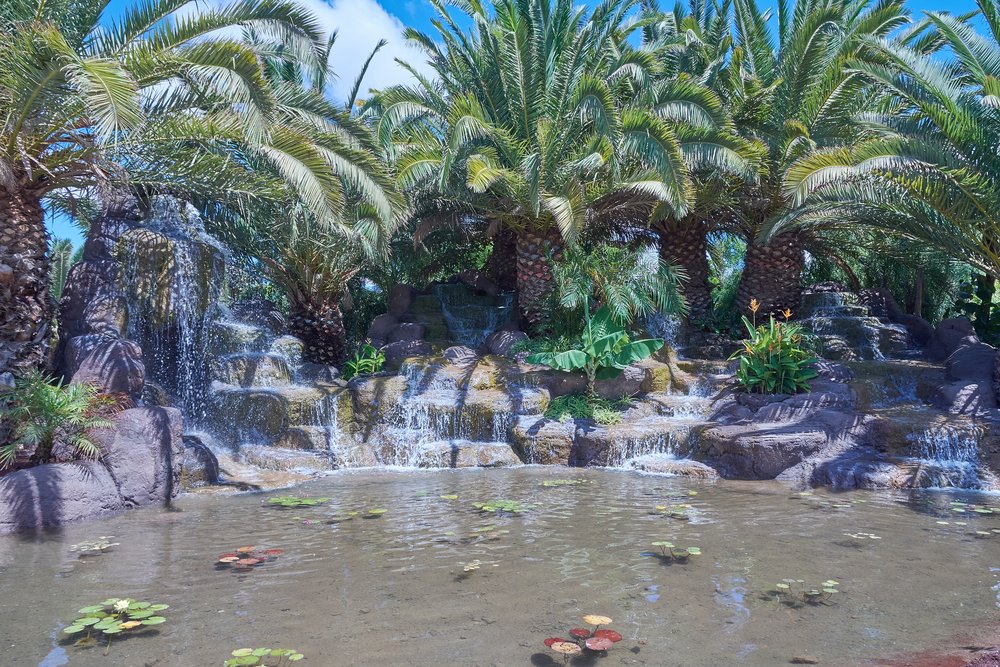
Elim Evangelical Free Church derives its name from an oasis in the desert.
In the Old Testament book of Exodus, we catch up with a ragtag group of former slaves as they trek across the sun-scorched wilderness of the Sinai Peninsula. They are on journey of rescue and becoming. Recently liberated from bondage in Egypt and having passed through the waters of the Red Sea, they desperately pursue their divine Deliverer as He leads them forward into newness and life.
We read in Exodus 15:27, “Then they came to Elim, where there were twelve springs of water and seventy palm trees, and they encamped there by the water.” Stumbling into Elim was an unexpected grace. It provided much-needed refreshment and a haven from the heat. Yet as the road-weary Hebrews settled in for a time of rest and recovery, I wonder if they were struck by the resonant power of that place.
Elim was more than a pleasant watering hole. The landscape thrummed with divine communication. It was an oasis not just for the renewal of thirsty souls, but for the renewal of purpose.
Let me explain. Did you notice the 12 springs of living water? There just happens to be one for each tribe of God’s redeemed family. All will be able to drink their fill from these invigorating wells. Observe, too, the 70 date palms that encircle the springs, brought to life by their flow. Seventy is a symbolically significant number, representative of the 70 nations of the ancient world.
So what’s the message? Elim was intended to remind Israel of their ancestral call, to bring to mind God’s words to Abram in Genesis 12:1-3: “The Lord had said to Abram, ‘Go from your country and your kindred and your father’s house to the land I will show you. And I will make of you a great nation, and I will bless you and make your name great, so that you will be a blessing. . . . And in you all the families of the earth shall be blessed.”
The Lord has called us to adventure, to leave what is comfortable and familiar and to journey with Him into a future packed with promise. And yes, He will bless us. We will drink deeply of God’s life-giving presence, but that renewal is not for us alone. It’s a renewal for the nations, for our sun-parched neighbors, friends, and coworkers. We are blessed to be a blessing.
This is an important lesson for us because it is easy to get offtrack living in the oasis of God’s renewal. It is quite easy to think of Elim as all about our restoration and zen. When we do, we’ll want to put up walls around it. “This is my life-sustaining pool. Don’t stick sweaty, dirt-caked feet into these clean waters. Also, get your herd of noisy, spitting camels out of here. You’re disrupting the bliss and magic of this place!”
It is my prayer that we would not miss the invitation of Elim. Yes, the water flows to restore us on our journeys, but it bubbles up so that it might be channeled through us, so that life might bloom in the dry desert of our city. As we emerge from this season of isolation and difficulty, may our church prove to be an oasis for renewal, but may the Lord also renew our purpose: to share His life with a thirsty world.
As Jesus said, “I came that they may have life and have it abundantly” (John 10:10).
Views – 238
 Follow
Follow
